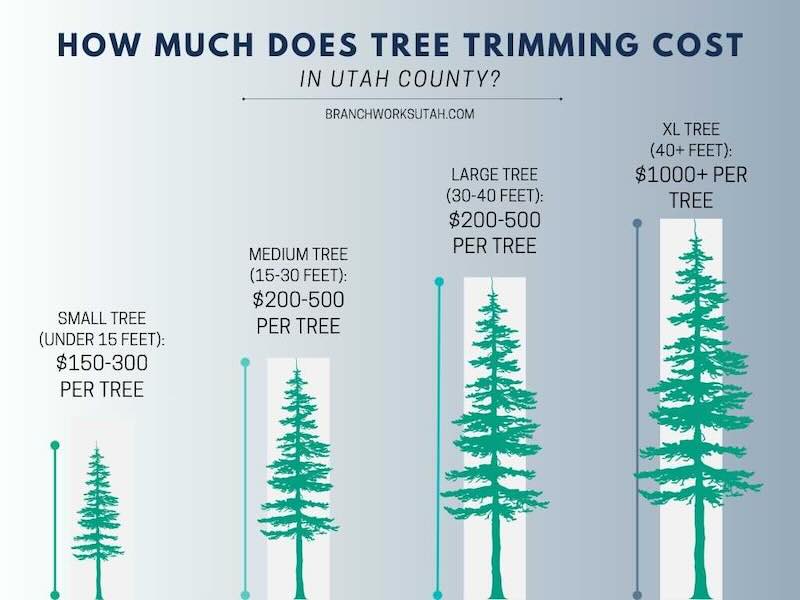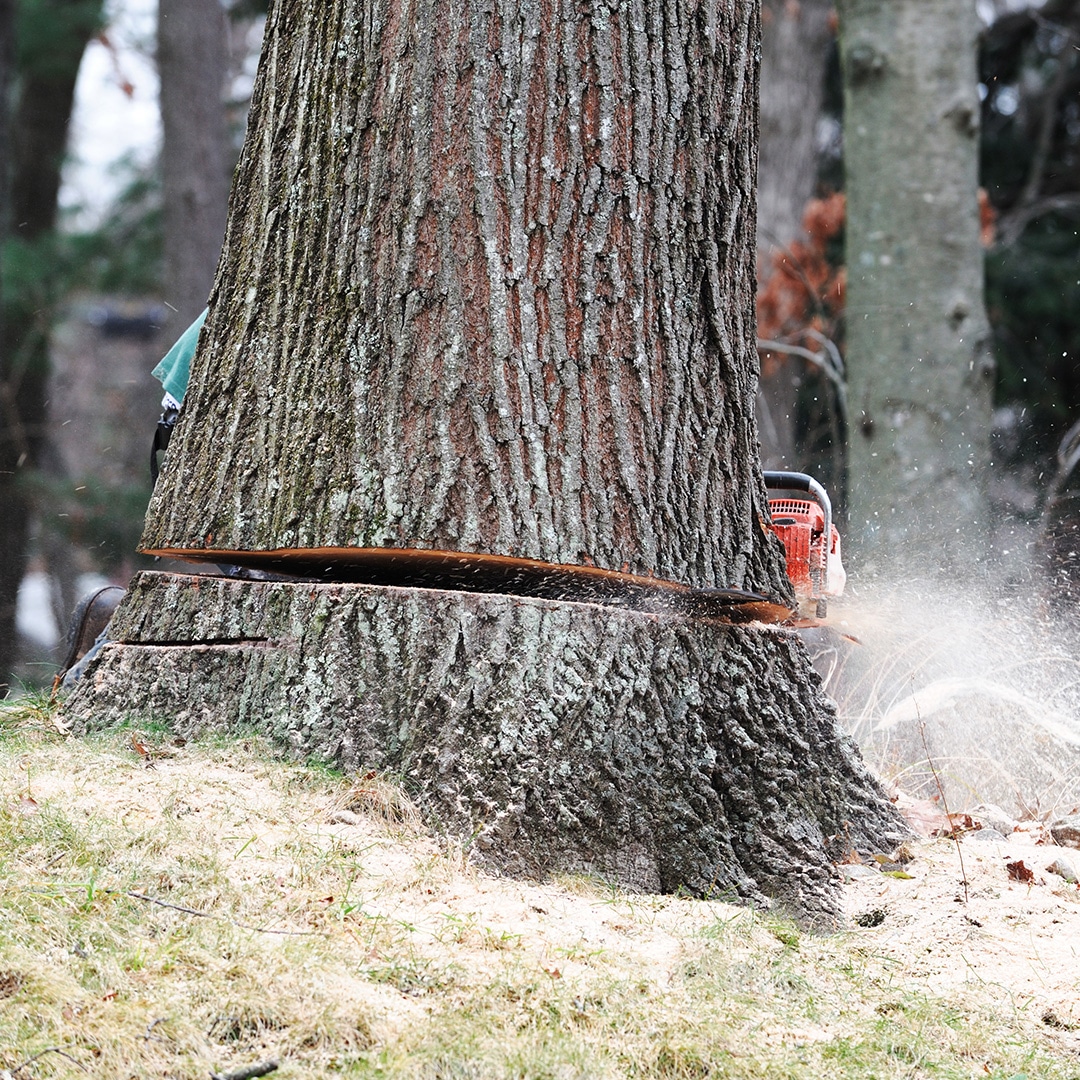Featured
Table of Contents
- – Negotiating Tree Clearing Rates In Fort Worth,...
- – Compare Tree Cutting Costs In Fort Worth, TX
- – Fort Worth, TX Tree Service Red Flags: Pricin...
- – Fort Worth, TX Tree Service Review: Value
- – Fort Worth, TX Tree Clearing: Payment Options
- – Fort Worth, TX: Average Tree Trimming Prices
- – Commercial Stump Grinding Costs In Fort Worth...
- – Multi-Unit Tree Clearing Costs In Fort Worth...
- – Fort Worth, TX Tree Clearing Common Questions
- – Breaking Down Tree Service Pricing In Fort W...
- – Fort Worth, TX Tree Removal Financing Options
- – Real Fort Worth, TX Stump Grinding Reviews
- – Fort Worth, TX Tree Clearing: What Affects T...
- – Get Affordable Tree Trimming In Fort Worth, TX
- – What's The Average Cost For An Tree Service ...

The subsections listed below supply more comprehensive details about rates, consisting of an average range for each. TypeAverage Removal CostPineConiferPalmMagnoliaArborvitaeAshCedarSweet GumEucalyptusSycamoreCypressOakMaplePoplar You can anticipate to pay in between to eliminate a pine, depending on its size. Removing a pine is among the more cost effective tasks unless it is one that has been around for years and is rather large.
Negotiating Tree Clearing Rates In Fort Worth, TX
Pines also have a tap root that grows deep into the soil, which can show to be harder to remove. The process itself includes an expert cutting the tree, clearing the base, cutting the surface area roots, eliminating the stump, and lastly dealing with the soil. Without a professional hand, you risk leaving pine seedlings behind, which will fall from the roots of distressed pines.
Compare Tree Cutting Costs In Fort Worth, TX
The U.S. nationwide average for conifer elimination is approximately to have the conifer reduced, hauled away, and the stump ground or gotten rid of entirely. Conifers are generally much easier to get rid of, and despite the fact that they can grow rather high, they do not cost a fortune to remove. Conifers consist of pine, spruce, fir, and juniper trees.
Fort Worth, TX Tree Service Red Flags: Pricing Edition
While conifers are beautiful, they eliminate native plants and specific types of yard. This is because they require a lot of water and nutrients to endure, so they leach it off surrounding plants. They also have an extensive network of roots, which can affect your home's foundation. The typical rate of palm elimination depends upon the height as much as the type, ranging from.
Fort Worth, TX Tree Service Review: Value
That is why it is essential to know which type you are getting rid of. While you do not need an herbicide to kill a palm tree, there are some steps your removal expert will have to require to make sure the task is done correctly. There are two methods they can eliminate them: by slicing them down or digging them up.
Fort Worth, TX Tree Clearing: Payment Options
This is due to the fact that little animals like rats and scorpions typically reside in them. Plus, numerous types will have spikes, too. From there, they get rid of the real tree and after that the stump. Expect to pay between to eliminate this type of tree, depending on the precise size and information of the job.
Fort Worth, TX: Average Tree Trimming Prices
There are 3 types: green, white, and black ash. With its gray-tinged bark, its leaves are green or purple in the spring and golden yellow or purplish-red in the fall.
Commercial Stump Grinding Costs In Fort Worth, TX

Due to the variation in height, the elimination rate variation is large from. A coniferous, evergreen tree, the cedar is a hardy species.
Multi-Unit Tree Clearing Costs In Fort Worth, TX
The growth of incorrect cedars differs from 50 feet up to 230 feet high. With star-shaped leaves and spectacular fall colors, the sweet gum is considered a medium to big tree.
Fort Worth, TX Tree Clearing Common Questions
Usually, it costs between to get rid of a eucalyptus. Eucalyptus are not typical all over, however they are rather big compared to others, which is why even the smaller sized ones are so pricey to remove.
Breaking Down Tree Service Pricing In Fort Worth, TX
There are a handful of methods to do this, consisting of burning, pulling, grinding, or eliminating them with herbicide. Expect to pay in between to remove sycamores, based upon the height, trunk size, and amount of work involved. Sycamores are among the biggest hardwood trees, normally ranging from 60 to 100 feet high and as wide as 15 feet.
Fort Worth, TX Tree Removal Financing Options
The very first 2 steps will expose the withins of the tree and cut off the circulation of nutrients up the trunk. From there, a professional uses herbicide to kill the tree and cuts down the trunk.
Real Fort Worth, TX Stump Grinding Reviews
There are various types of Cypress trees, but the most prevalent are the Leyland, Arizona, Bald, and Italian. The Bald Cypress grows in swampy or extremely wet locations while the others enjoy a dry, warm, or hot climate (stump grinding). They can grow as tall as 80 to 100 feet high
Fort Worth, TX Tree Clearing: What Affects The Price

Prone to illness, the Cypress is among the most valued woods for furniture. The average oak grows to around 60 feet, and depending upon the complexity of the elimination, it costs approximately to eliminate. The specific size of your oak and the effort needed to fell it impact what you will in fact spend for removal along with any additional services like stump grinding.
Get Affordable Tree Trimming In Fort Worth, TX
Access to the trees and the roots will likewise affect the overall cost. Maples can easily mature to 100 feet or more and normally expense between to get rid of from your property. The last cost depends upon the real height and complexity of the job. Maples are normally among the more pricey trees to remove since of their size and the work involved in the removal.
What's The Average Cost For An Tree Service In Fort Worth, TX
Growing as high as 90 to 115 feet, these massive lumbers are generally discovered in North America and consist of the aspen, cottonwood, and balsam trees. The procedure to get rid of trees includes all the cutting and cutting of the branches and trunk, bringing it down to a stump.
Table of Contents
- – Negotiating Tree Clearing Rates In Fort Worth,...
- – Compare Tree Cutting Costs In Fort Worth, TX
- – Fort Worth, TX Tree Service Red Flags: Pricin...
- – Fort Worth, TX Tree Service Review: Value
- – Fort Worth, TX Tree Clearing: Payment Options
- – Fort Worth, TX: Average Tree Trimming Prices
- – Commercial Stump Grinding Costs In Fort Worth...
- – Multi-Unit Tree Clearing Costs In Fort Worth...
- – Fort Worth, TX Tree Clearing Common Questions
- – Breaking Down Tree Service Pricing In Fort W...
- – Fort Worth, TX Tree Removal Financing Options
- – Real Fort Worth, TX Stump Grinding Reviews
- – Fort Worth, TX Tree Clearing: What Affects T...
- – Get Affordable Tree Trimming In Fort Worth, TX
- – What's The Average Cost For An Tree Service ...
Latest Posts
Lake Tapps, WA Stump Grinding Cost Guide
Green Arborist Costs In Talent, OR
Shelbyville, KY Arborist Reviews: Are They Worth It?
More
Latest Posts
Lake Tapps, WA Stump Grinding Cost Guide
Green Arborist Costs In Talent, OR
Shelbyville, KY Arborist Reviews: Are They Worth It?